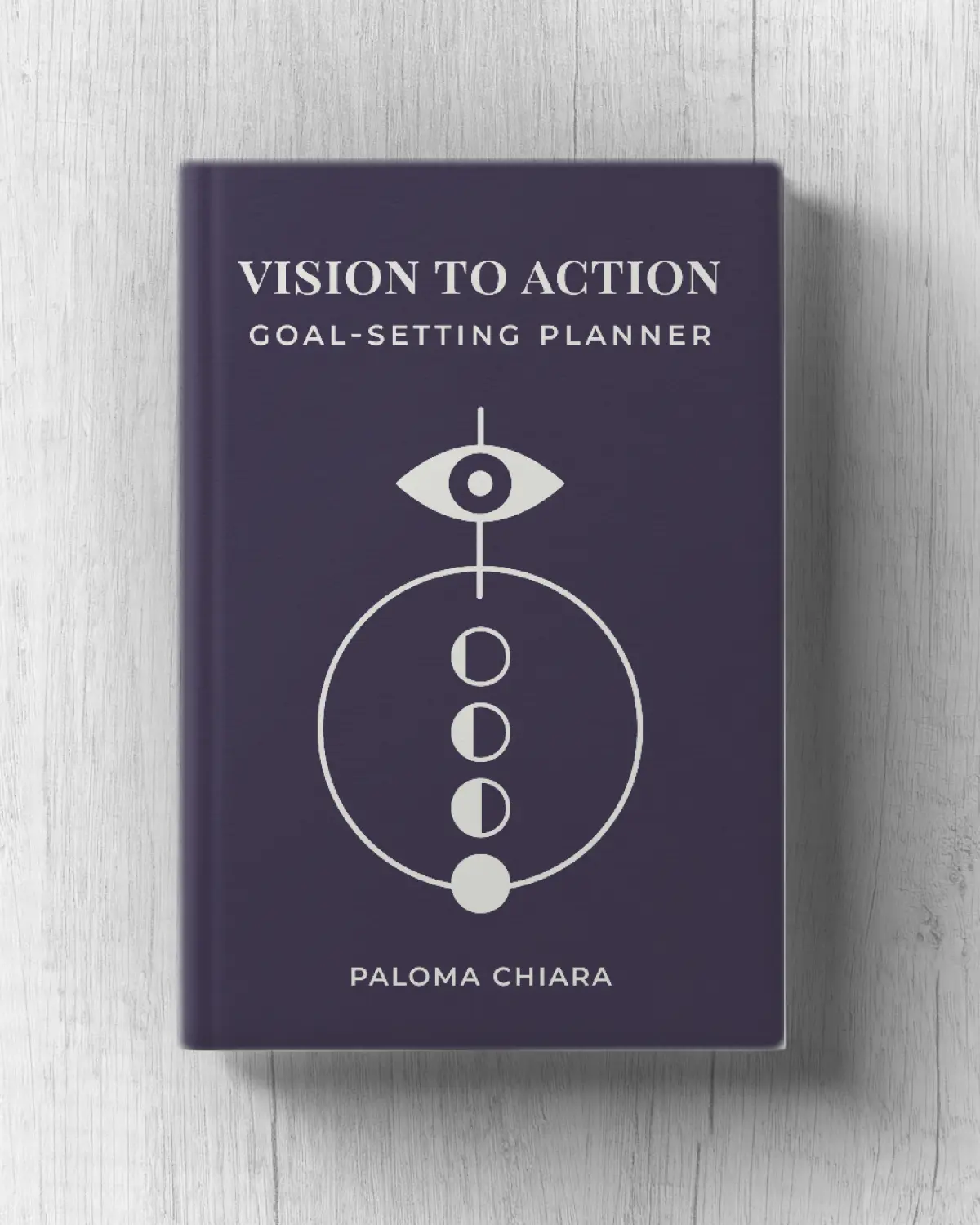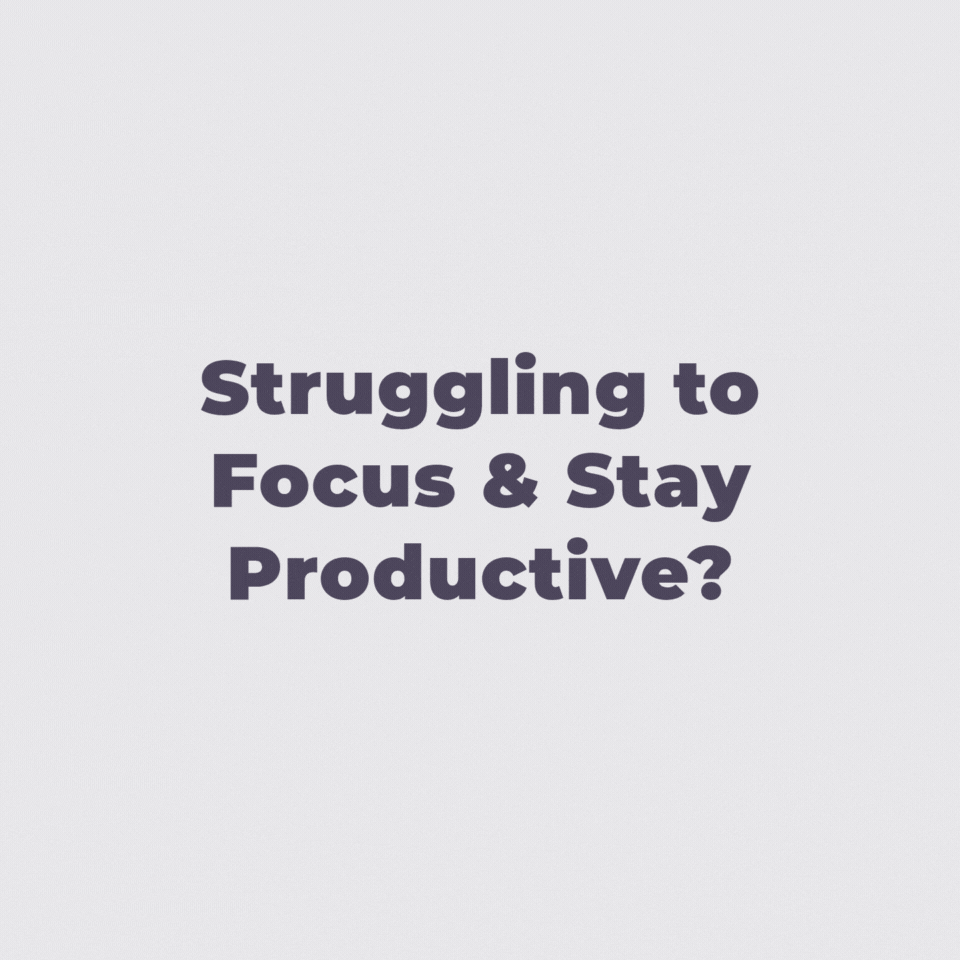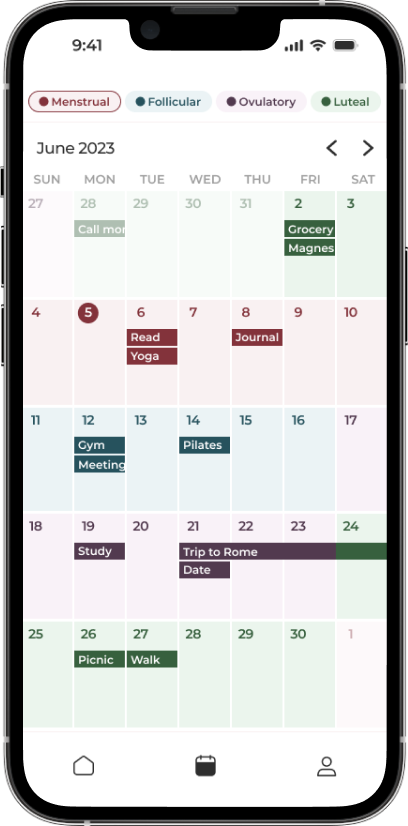Three Neuroscience-Backed Hacks That Can Change Your Life

Dr. Andrew Huberman, a Stanford neuroscientist and host of The Huberman Lab podcast, offers science-based strategies for improving everyday life. By distilling neuroscience research into practical, actionable tips, Huberman has gained a large following of people seeking to optimize their health and performance. Below are three hacks, backed by neuroscience, that could drastically improve your well-being.
1. Morning Sunlight Exposure for Better Sleep
One of Huberman’s most effective recommendations for improving sleep quality is getting sunlight exposure within an hour of waking. According to research, sunlight exposure early in the day helps regulate your circadian rhythm, the body’s internal clock, which signals when it’s time to wake and sleep.
Spending 10 minutes in the sun (20 minutes on cloudy days) triggers the release of hormones that promote alertness during the day and relaxation at night. This simple change can help you fall asleep more easily, stay asleep, and wake up feeling refreshed.

Check out the Vision to Action Planner for only 6$
More info2. Cold Exposure for Reducing Anxiety and Boosting Mood
Cold exposure, whether through cold showers or cold plunges, has been shown to reduce anxiety, improve mood, and increase mental clarity. Huberman’s research highlights the ability of cold exposure to trigger the release of epinephrine and norepinephrine, hormones that boost energy and focus while reducing feelings of stress.
Regular cold exposure can also enhance muscle recovery, increase metabolism, and even convert white fat to more metabolically active brown fat, aiding in fat loss over time.
3. Cutting Back on Alcohol for Improved Mental and Physical Health
Alcohol may provide temporary relaxation, but research shows it has long-term negative effects on the brain and body. Huberman explains that alcohol impairs the prefrontal cortex and hypothalamus, disrupts the gut biome, and raises cortisol levels, leading to chronic stress and anxiety. Reducing or eliminating alcohol can lead to clearer thinking, improved mood, better hormone regulation, and a lower risk of chronic diseases like cancer.
Quiz: What Is Blocking Your Success?
This quick quiz will help you figure out which mental or behavioral pattern might be holding you back from achieving your full potential. Identifying your specific success blocker is the first step toward breaking through to new levels of achievement and fulfillment.
Read each question and choose the answer that feels most true to your situation.
No email or payment is required to complete the quiz and receive your personalized insights.
Once you have your primary success blocker, you have clarity about what’s been holding you back. This awareness is powerful—many people spend years struggling without understanding the specific pattern that’s limiting their progress.
Remember, these patterns aren’t permanent character traits but rather habitual ways of thinking and behaving that can be changed with the right guidance and practice.
If you’re ready to break through your specific blocker and achieve the success you know you’re capable of, send me an email to try out a coaching session. Your breakthrough awaits!
How a Life Coach Can Help You Integrate These Hacks
Making lifestyle changes can be challenging, even when backed by science. This is where a life coach can make all the difference. Here’s how they can support you:
1. Creating a Personalized Plan
A life coach can help you tailor Huberman’s protocols to your lifestyle, ensuring they fit your daily schedule. Whether it’s finding the best time for morning sunlight exposure, helping you structure your day around cold exposure, or creating strategies to reduce alcohol consumption, a coach will personalize the process for sustainable success.
2. Accountability and Consistency
Starting new habits is easy; maintaining them is the hard part. A life coach provides ongoing support and accountability, helping you stay consistent with these neuroscience-backed habits. They’ll track your progress, help you overcome setbacks, and keep you motivated to achieve your long-term goals.
3. Overcoming Resistance
It’s common to feel resistance to changes, especially when they involve discomfort (like cold exposure) or breaking old habits (like drinking alcohol). A life coach can guide you through these mental barriers by offering practical tools to manage resistance, helping you stay committed even when the process feels challenging.
By integrating science-backed habits into your life with the guidance of a life coach, you can experience significant improvements in sleep, mood, and overall health. Contact me today to get started.
Still waiting for the 'perfect time'?
Email me what you'd do if you stopped making excuses. We'll work backwards from there.
Let's startRecent posts
-
The Complete Guide to Becoming a High Achiever
Read blog -
How To Make a Positive Impact in Your Community
Read blog -
What Is the “Winter Arc” Challenge?
Read blog -
What Is "the Great Lock-In" and Should You Try It?
Read blog -
What Are the 75 Hard and Soft Challenges?
Read blog -
How to Validate Yourself
Read blog

The App Made To Sync Your Lifestyle to Your Menstrual Cycle.
A solution for women who are looking to keep track of what they sync to their cycles, such as fitness, diet, etc. by adding it to a calendar that also predict their phases.
Learn more





Comment